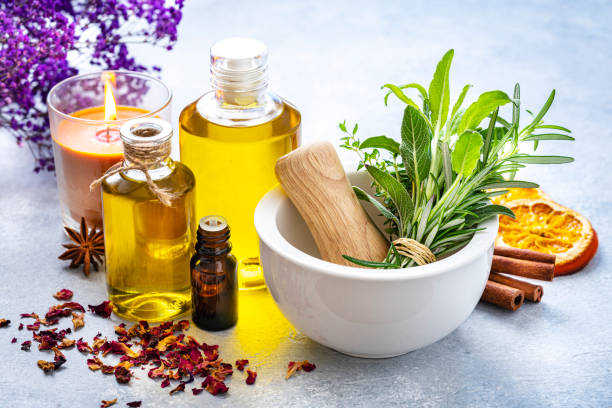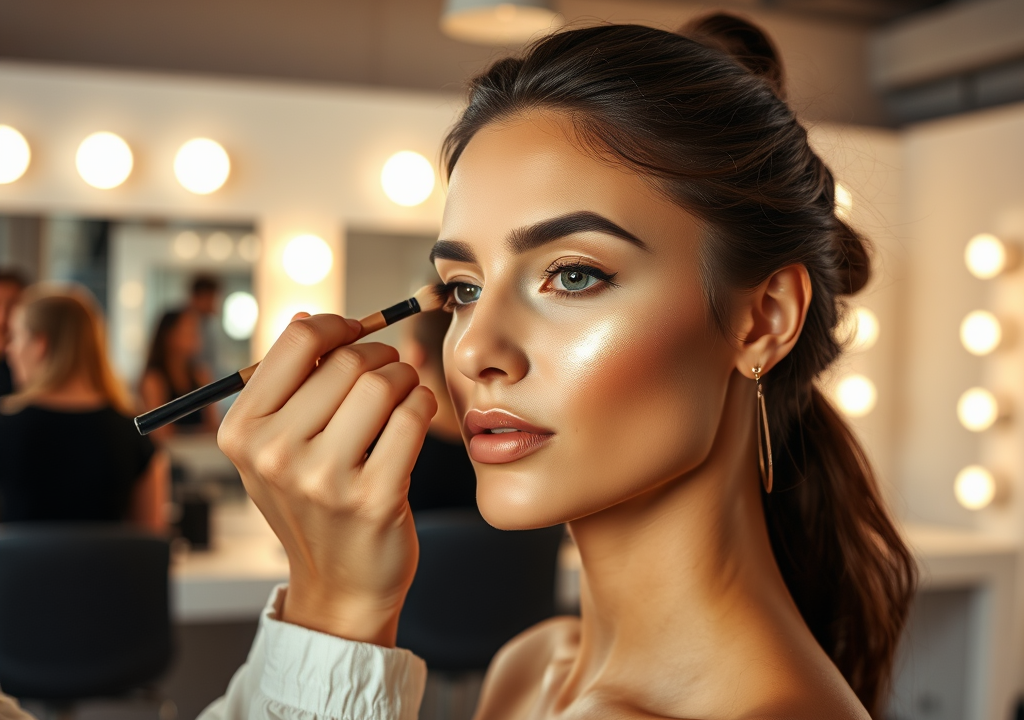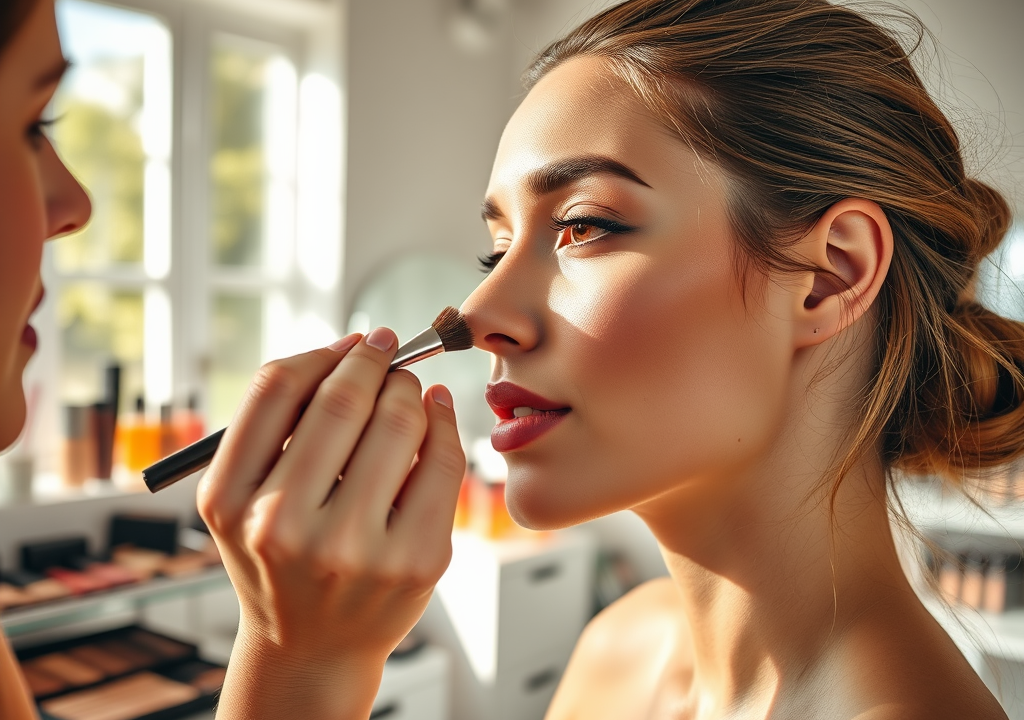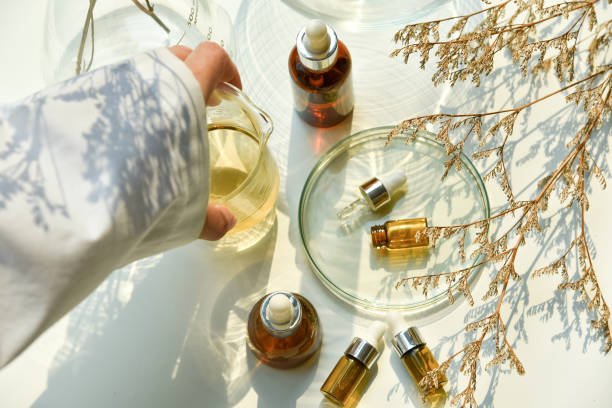The quest for flawless skin has unearthed a treasure trove of natural remedies with potent botanical ingredients leading the charge. From the depths of traditional medicine to the peaks of modern-day scientific research, five key botanical components have consistently proven to be effective allies in skin care. These ingredients combat various skin concerns, from hydration to aging, and provide a more sustainable and gentle alternative to their synthetic counterparts. In this article, we’ll explore aloe vera, green tea, chamomile, rosehip, and witch hazel – each one a powerhouse with a roster of skin benefits.
Aloe Vera: The Soothing Hydrator
Aloe vera, the gel-filled plant renowned for its cooling properties, has much more to offer than just relief from sunburns. This succulent is a veritable fount of skin benefits, owing to its rich composition:
- Hydration: Aloe vera gel is composed of over 99% water, making it a superb hydrating agent for the skin, particularly for those with dry and irritated skin.
- Soothing: It contains compounds like polysaccharides that soothe the skin and reduce irritation, making it ideal for sensitive or inflamed skin conditions.
- Healing: Its auxin and gibberellins hormones promote wound healing, which can accelerate the recovery of minor abrasions or cuts.
- Anti-Aging: Aloe vera contains a wealth of antioxidants, including beta-carotene, vitamin C, and E, which can help improve skin elasticity and reduce the appearance of fine lines and wrinkles over time.
- Anti-microbial: It also has antimicrobial properties, which are beneficial in controlling and reducing acne-causing bacteria.
Furthermore, it’s an all-star for various skin types due to its gentle nature and can be found in numerous skincare products, from moisturizers to masks.
Green Tea: The Antioxidant Powerhouse
Green tea’s popularity in skincare stems from its high concentration of catechins – potent antioxidants that can safeguard the skin against environmental damage. Here are some of the ways in which green tea can be beneficial to the skin:
- UV Protection: Green tea extracts can offer some degree of protection against the harmful effects of UV radiation by neutralizing free radicals and reducing inflammation.
- Reduces Sebum Production: It has been found to reduce sebum production, potentially reducing the likelihood of acne breakout.
- Anti-Inflammatory: Its anti-inflammatory properties make it an excellent choice for calming redness and irritation.
- Anti-Aging: Green tea’s antioxidant content also helps in hinder the aging process by protecting the skin from the degradation of collagen, the protein responsible for skin’s elasticity.
- Improves Complexion: By promoting healthy blood circulation, green tea can also improve skin complexion, offering a more vibrant and healthy glow.
As a topical ingredient or consumed beverage, green tea is versatile, adding value both inside and out.
Chamomile: The Gentle Soother
Chamomile, synonymous with calm and relaxation, also contains properties that can soothe and improve the skin. The extract is particularly rich in bisabolol, an anti-irritant:
- Reduces Inflammation: Due to its potent anti-inflammatory properties, chamomile is excellent for reducing skin inflammation and irritation, including conditions like eczema or rosacea.
- Accelerates Healing: Chamomile can speed up the healing process of minor skin wounds, due to its antibacterial properties.
- Calming Scent: The calming aroma of chamomile can also help reduce stress, which is beneficial since stress can exacerbate many skin conditions.
- Natural Skin Lightener: It can improve skin tone by lightening complexion and may help in reducing the appearance of dark spots or under-eye circles.
- Anti-Fungal: Its anti-fungal properties make it an excellent ingredient for combating fungal skin infections.
With its gentle effect, chamomile is particularly suitable for those with sensitive skin, and is commonly found in cleansers, toners, and serums.

Rosehip: The Regenerative Miracle
Rosehip, the fruit of the rose plant, is another botanical agent that’s taken the skincare world by storm, primarily due to its high vitamin C content:
- Supports Collagen Production: The vitamin C in rosehip helps in boosting collagen production, vital for maintaining skin elasticity and firmness.
- Rewarding for Mature Skin: It’s rich in vitamins A and E, which are both known for their skin-regenerating properties, making rosehip an exceptional choice for mature skin.
- Reduces Hyperpigmentation: Rosehip has been shown to fade hyperpigmentation and reduce scars and fine lines, thanks to its essential fatty acids and antioxidants.
- Hydrates Deeply: The oil from rosehip penetrates deeply into the skin providing lasting hydration without leaving a greasy residue.
- Defends Against External Aggressors: Its antioxidant properties also provide a defense against pollutants and other environmental stressors.
Rosehip oil is particularly beneficial for skin regeneration and revitalization but is gentle enough for daily use.
Witch Hazel: The Natural Astringent
Witch hazel, derived from the bark and leaves of the Hamamelis virginiana plant, has long been used for its skin clearing and soothing properties:
- Minimizes Pores: As a natural astringent, witch hazel can help to tighten pores and refine skin texture, leading to a smoother complexion.
- Controls Oil: It’s particularly effective in balancing skin’s oil production, which can help prevent acne.
- Soothes Inflammation: The anti-inflammatory properties of witch hazel can calm redness and irritation, making it suitable for reactive skin types.
- Heals Blemishes: It can accelerate the healing of blemishes and reduce their appearance with its mild astringent qualities.
- Decreases Puffiness: Applied topically, witch hazel can reduce under-eye puffiness and refresh tired skin.
Even though it’s highly effective, those with extremely dry or sensitive skin should proceed with caution, as witch hazel can potentially over-dry the skin.
Conclusion
In the world of skincare, botanical ingredients have stood the test of time and continue to be championed by skincare enthusiasts and professionals alike. Aloe vera, green tea, chamomile, rosehip, and witch hazel each offer a unique set of benefits that can cater to a variety of skin concerns. From soothing inflammation to fighting the signs of aging, these natural wonders provide effective, gentle alternatives for achieving healthy, radiant skin. Including them in a skincare routine can be a game-changer, especially when tailored to individual skin needs and concerns.
FAQ
- Can botanical ingredients replace my entire skincare routine? While botanical ingredients are beneficial, they should complement a well-rounded skincare routine rather than replace it entirely. It’s essential to include products that suit your specific skin type and address individual concerns.
- Are botanical skincare ingredients safe for all skin types? Most botanical ingredients are safe for a variety of skin types, but individual reactions can vary. It’s always advisable to conduct a patch test before incorporating a new ingredient into your routine.
- How long before I see results from using botanical skincare ingredients? Results can be seen in as little as a few days to a few weeks, depending on the ingredient and your skin concern. Consistency is key for the best results.
- Can I use multiple botanical ingredients together? Yes, many botanical ingredients can be used in synergy to enhance their benefits. However, it’s important to be aware of any potential interactions and to not overburden the skin.
- Should people with sensitive skin avoid any particular botanical ingredients? Individuals with sensitive skin should be cautious with botanical ingredients known to be astringent or have strong scents, as they might cause irritation. Consultation with a dermatologist is recommended.





